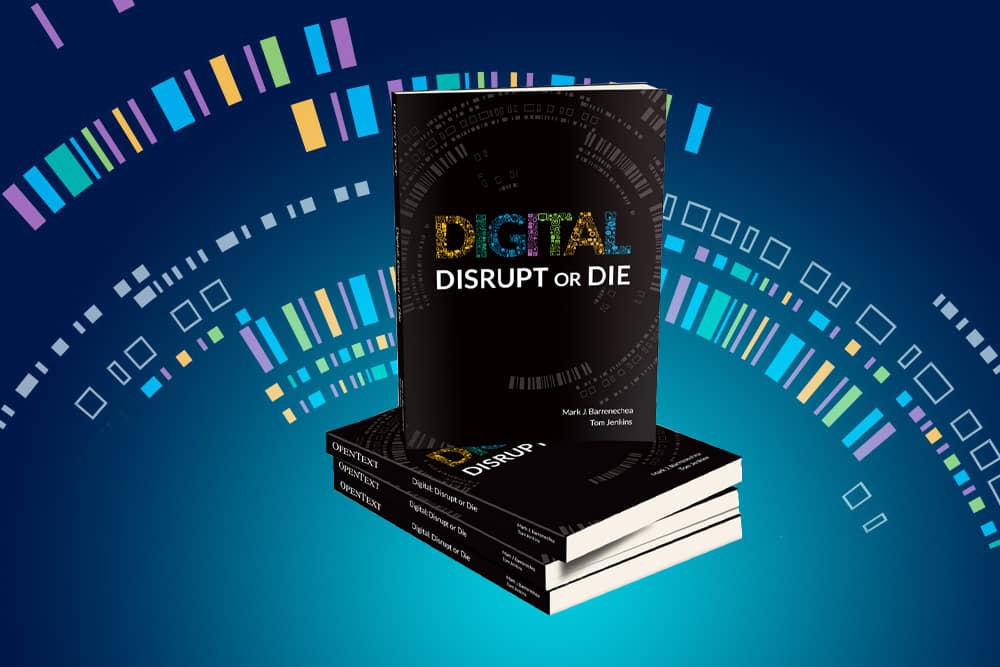We live in a digital world. A testament to this new reality is the growing value of digital content. People download songs, purchase movies online, exchange emails, and share personal information—all in the form of digital content. Information in its many new forms has become commoditized.
In a digital world, information is the new currency. Will it replace the dollar, the Euro, the Yen? Not yet, but as information flows across networks, as it is exchanged and more metadata is collected, it grows in value. New businesses and whole industries are emerging to support the digitization of content.
As industry leaders like Google and Facebook have demonstrated, opportunities to monetize information are abundant. Like money, data can be stolen. As information grows in value, so will the need to protect and manage it—and this will be increasingly mandated by governments and regulatory bodies. Many large companies (health care providers, governments, and banks, to name a few) are the gatekeepers of highly confidential, personal information. They are susceptible to information leaks. In a digital world, how will government and regulators monitor and protect the huge amounts of personal data stored in the Cloud? As society becomes digital and the Internet propagates a faster pace of crime, organizations will need to focus on the development and enforcement of governance policies, standards, and systems to prevent identity theft and online fraud.
The mass digitalization of products, services, processes, and overall business models will demand a disciplined approach to managing, governing, and innovating with information. Enter Enterprise Information Management, or EIM. EIM is a set of technologies and practices that maximize the value of information as it flows across networks, supply chains, and organizations. Its core technologies work together to create an end-to-end platform for sharing, collaboration, analysis, and decision-making, based on the effective management of information to harness its potential while mitigating risk through governance, compliance, and security.
EIM delivers a long list of benefits for the enterprise, including reduced costs, increased transparency, improved security and compliance, optimized productivity and efficiency—but the overarching benefit that EIM gives to organizations is the ability to simplify their operations, transform their processes and information, and accelerate business and agility to innovate at the speed of digital.
In a digital world, information will play a fundamental role in empowering the enterprise. Digital leaders will differentiate their products and services based on a strategy that maximizes the potential of digital information. They will use EIM technologies to connect information for better performance, greater opportunity, and deeper insight into their customers.
I’ll take a closer look at how competitive advantage is created through managing consumer-related information in the following post in this series, “Digital Engagement and the New Consumer”. Find out how you can capitalize on digital disruption.
To learn more, read my book, Digital: Disrupt or Die.



